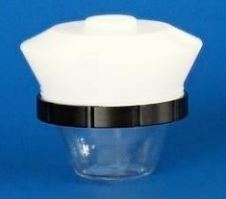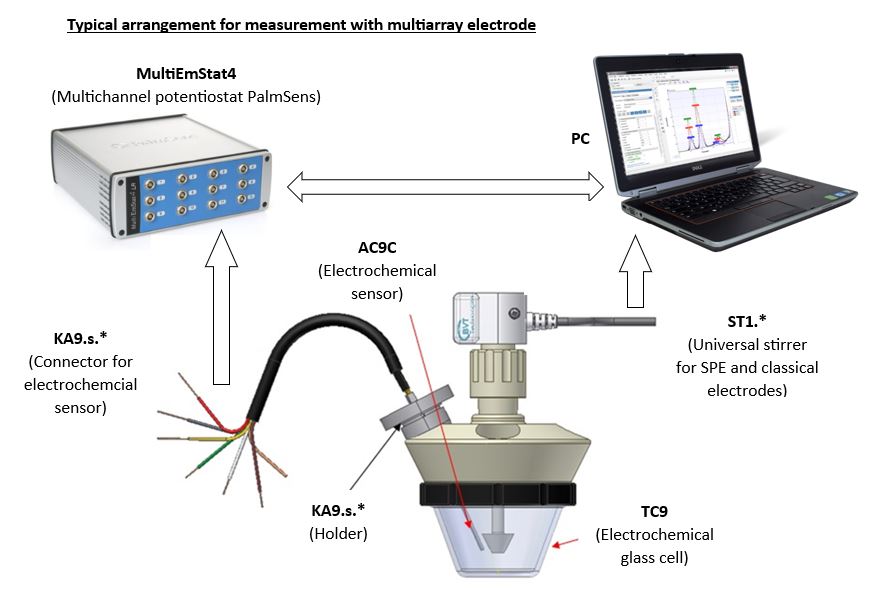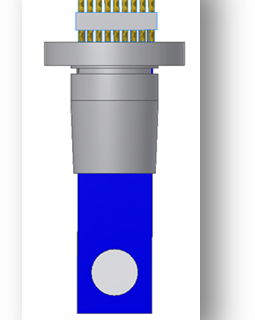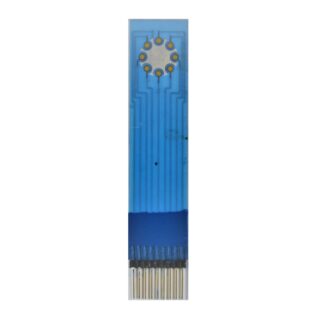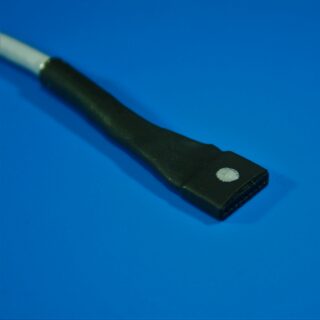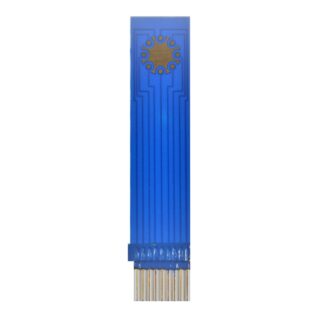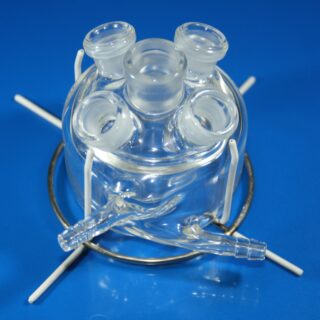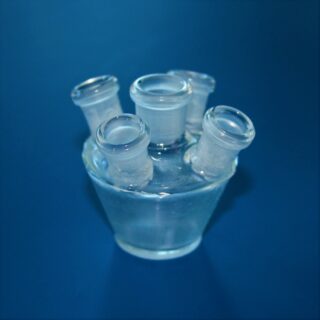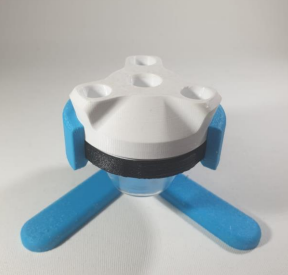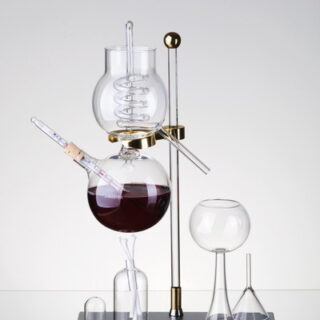Category
- Custom made glass products
- CUSTOMER SERVICES
- NEW PRODUCTS
- Sensors and electrodes
- Custom made and Modified Screen Printed Electrodes
- Stirrers
- Cables and connectors
- Cell
- Potentiostats
- Manual Screen Printer
- Minithermostat
- Pumps
- Accessories
- Kits & Sets
- Discounted SPEs (at a reduced price with visual defects/inconsistancies, but fully functional)
TC9 Electrochemical Glass Cell
Borosilicate glass cell serves for electrochemical measurements.
The analyzed solution can be thermostated by external thermostat MT1-1.
Cell openings are designed for stirrer ST9 or mini RDE and connector KA9.s with folder for electrochemical sensor AC9C, classical electrodes WCEc, ACEc and RCEc. The device enables the measurement with inserted samples.
You may also like…
-
AC9C Electrochemical sensor
Read moreAmperometric sensor with an array of 8 working electrodes and 1 common reference electrode made by thick film technology with integrated connector
Dimensions: 59.0 x 12.7 x 0.63 mm
WE material: Au/Pt, Au, Pt, Ag, C
The sensor is formed on a corundum ceramic base. On to this surface eight working electrodes, and the reference electrode are applied. The electrodes can be made of variety of materials (see below). At the end of the sensor there is an integrated connector. It is connected with the active part by the silver conducting paths which are covered by a dielectric protection layer. Different bio-chemically active substances can be immobilised on the working electrodes of the sensor.
-
AC9C.WSP Electrochemical sensor
Read moreAmperometric sensor with an array of 8 working electrodes and 1 common reference electrode made by sputtering with integrated connector
Dimensions: 59.0 x 12.7 x 0.63 mm
WE material: Au
The sensor is formed on corundum polished ceramic base. On to this surface eight working electrodes, and the reference electrode are applied by sputtering. The working electrodes are made of gold. At the end of the sensor there is an integrated connector. It is connected with the active part by the silver conducting paths which are covered by a dielectric protection layer. Different bio-chemically active substances can be immobilised on the working electrodes of the sensor.
Related products
-
TC5 Electrochemical Glass Cell
Read moreBorosilicate glass cell serves for electrochemical measurements. The cell is jacketed.
The analyzed solution can be thermostated by external thermostat.
Cell openings are designed for electrochemical sensors connector KA1.C, classical electrodes WCEc, ACEc, RCEc and stirrer ST1, ST3 separately.
-
TC4 Electrochemical Glass Cell
Read moreSimple borosilicate glass cell serves for electrochemical measurements.
The temperature of the analyzed solution can be controlled when placing the cell in MT1-1 minithermostat.
Cell openings are designed for electrochemical sensors connector KA1.C, classical electrodes WCEc, ACEc, RCEc and stirrer ST1, ST3 separately.
-
TC7 Electrochemical Glass Cell
Read moreThe TC7 is a low cost Glass Cell that is ideal for students and basic lab measurements.
The TC7 comes with a stand, specially designed for it, and the stand provides more stability and ease of use.
The Borosilicate glass cell serves for electrochemical measurements. Cell openings are designed for the SPE Electrochemical Sensors Connector KA1.C,Classical Electrodes WCEc, ACEc, RCEc, STP1.*
Stoppers for Cells, and Stirrer’s ST1 and ST3 separately.
The device enables the measurement with inserted samples.
-
Custom made glass products
Read moreIn cooperation with a glass company that manufactures custom glass electrochemical cells for BVT, we offer a unique opportunity to manufacture custom glass products according to customer requirements.
This may include electrochemical flasks, cells, distillation columns and utility glass in dimensions and shapes that meet the customer’s requirements.

